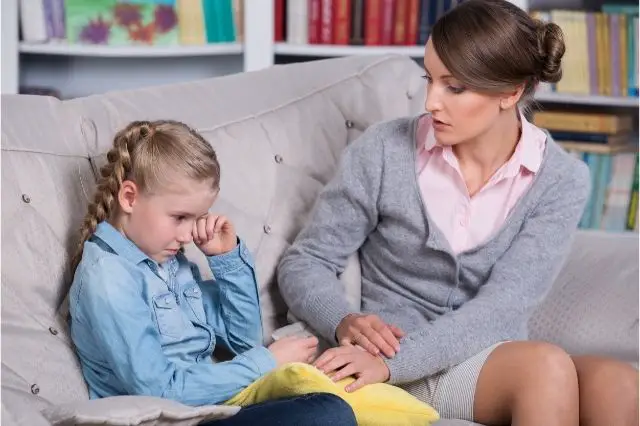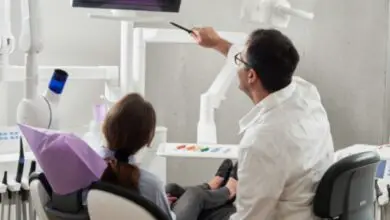5 Signs Your Child Needs a Psychologist

Mental health disorders are escalating rapidly in today’s generation. Some of the most common disorders are ADHD, anxiety, and behavioral problems.
According to the CDC, 9.4% of children aged 2-17 years in the US have been diagnosed with ADHD, and 7.4% of children aged 3-17 years have behavioral problems. Seeing your lively little baby changing for the worse can take a toll on the entire family.
However, in the case of children, there are some clear signs that point towards psychological help. Here are five signs that your child might be having mental health issues and needs a psychologist as soon as possible.
1. Being defiant
Children often refuse to listen to elders due to childish stubbornness. But sometimes this may turn extreme. While most children like to argue and whine in order to get a particular toy or object, some of them do this almost every time.
If your child has developed a habit of becoming defensive or complaining all the time, both inside and outside the house, it may point towards a behavior problem. Pay attention to these responses if they occur more frequently than usual.
Sometimes children ask for help without actually asking for it. Going to a psychologist can help solve this problem. You can also talk to your child’s teachers or babysitters to get a clear idea of this behavior. Let them know that you are concerned and are seeking help.
2. A sudden shift in hobbies
Similar to behavior problems, a child’s hobbies and daily activities might suddenly change.
It is completely normal for children to shift to various activities and become interested in different things over time. But if there are significant changes in eating or sleeping patterns, it’s time for you to be extra careful.
Most commonly, a lack of interest in games or activities that your child used to love is a clear sign that they need a psychologist. If your child suddenly stops eating or sleeping or has lost interest in talking to people, observe them properly.
While it can point to a minor illness, symptoms lasting for two weeks or more require a counseling session.
3. Excessive sadness
Children are mostly seen to be happy, playful, and positive-minded. If you see that your child has turned somber and serious almost all the time, it is a huge sign that they require a psychologist.
A bit of sadness is commonly seen during transition phases, but excessive worrying and negative thoughts can eat up your child from the inside.
If your child, who used to share every little detail of the day, now seems to refuse to talk to you, it can also point towards trauma. Contact a counselor or psychologist so that your child opens up and shares the cause of their sadness.
4. Social isolation
Social isolation is also a big concern for most parents. If you see your child being socially withdrawn, you should take a closer look and understand the cause behind this. Often when children suffer from depression or anxiety, they tend to stay away from people and stop socializing.
When this happens on a regular basis, it is time to turn towards professional help. Having a Monday blue or a sad day is fine, but if your little one turns inwards and refuses to meet or greet people completely, it’s not just a sad day anymore.
Some of the signs of social isolation are eating meals alone, avoiding playmates, and a lack of desire to leave the house.
5. Talking about self-harm
Lastly, if your child keeps talking about harming themselves, it is a very big sign of concern. This is a situation where you must talk to a psychologist immediately. Self-harming tendencies can present themselves subtly, such as hopelessness.
Other times they may be much more visible, like talking about committing suicide. Other signs like digging nails into the skin, or banging their heads can be signs of self-harm in children.
Over to you…
Bringing up a mentally healthy child is extremely vital. If your beloved baby shows any of the above signs, contact a psychologist from a reputed government or private mental health care institution.
Sometimes, taking action too late can cause irreparable damage to your child’s future. So take action today and let your child know they are not alone. Provide as much support as you can, and make your home a safe space for communicating and sharing feelings.





